

Video games have a stigma and gamers are often seen as lazy, unproductive, basement-dwelling losers. Is that a fair assessment? I don’t think so. As a gamer myself who has gone through many gaming phases – from casual to hardcore – I can say that there are plenty of life lessons to be learned from games, and these lessons can make you a better person in the end.
I’m not the first one to glean wisdom from video games nor do I think I’ll be the last. However, most of those lists out there on the Web are often facetious and meant for humor; the lessons in this article, on the other hand, are real and serious. I know that it might seem weird for “real,” “serious,” and “gaming” to all be used in the same sentence, but I hope I can change your mind about that.
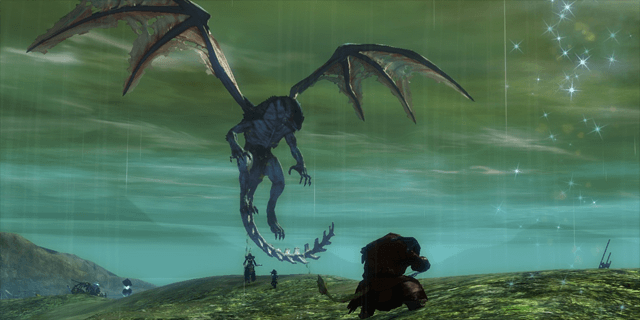
This is a life lesson that seems to be spouted around pretty much every corner nowadays. Parents say it to their kids. Teachers, motivational speakers, and keynote speakers preach it to their listeners. Even friends encourage one another in the same way. “There’s nothing you can’t achieve as long as you put your mind to it.”
Look in any video game genre and you’ll see the same sentiments. They all usually boil down to this: you’re just one person, but one person can still change the world. Think of Mario, Final Fantasy, and even Angry Birds. Your accomplishments are only limited by your efforts and if you don’t try, you’ve already failed.
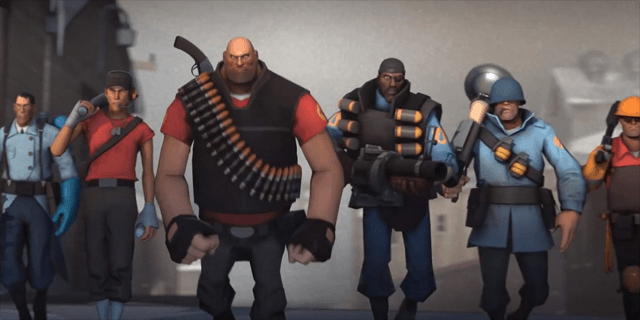
In direct contrast to the life lesson above, most games teach that you can’t accomplish everything alone. In fact, most games teach both lessons as true, which seems contradictory but really isn’t. Basically, everyone has the power to effect change and make a difference, but no one is omnipotent. No, not even you.
This is most evident in team-based games like Team Fortress 2 (our review) and Dota 2 (our review), both of which rely heavily on teamwork. Teamwork is such a crucial component of everyday life because it’s is all about conflict, compromise, and resolution. How much can you actually achieve without helpers along the way?
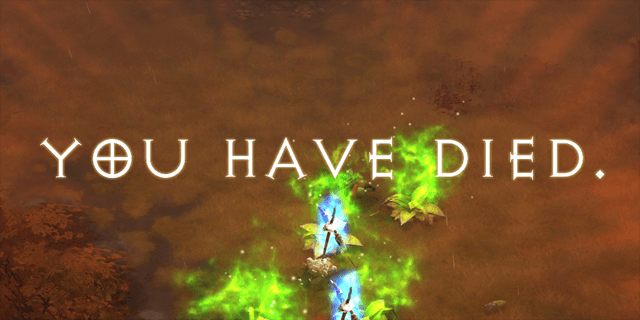
Never give up. When the going gets tough, keep on going. There’s no gain without pain. If you fall off your horse, pick yourself up and ride again. No matter how you package it, the wisdom is always the same at its core: you can’t win if you quit. This has been true since the very first video games, like Pac-man, and it still holds true today.
Failure awaits us everywhere we go in everything we do. We’re afraid of making mistakes, reaching out to people, rejection, and so many things that might not go according to plan. But video games teach us that we need to try anyway.
If at first you don’t succeed, you have to keep at it until you do. Success is rarely measured by talent and most often measured by persistence.
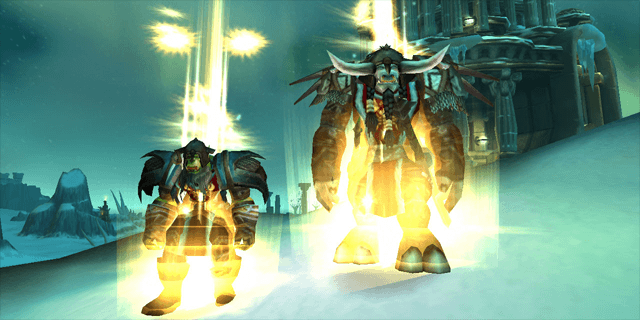
Video games are meant to be fun, right? So why are there video games with gameplay elements that aren’t fun? For example, MMORPGs are known for their leveling grind. Platformers are known for frustrating, almost impossible obstacles. All competitive games – including most shooters and fighters – have to end with someone being the loser. These things are decidedly NOT fun.
This life lesson is something of a corollary to the one listed just above. In essence, not everything in life is fun, but it’s important that we work through those periods due to the satisfaction that awaits us at the end. Leveling in an MMORPG might be boring. Dying in a platformer might be frustrating. Losing in Street Fighter might be disheartening.
And that’s why it’s all the sweeter when we finally hit the level cap, beat the game, and emerge victorious.
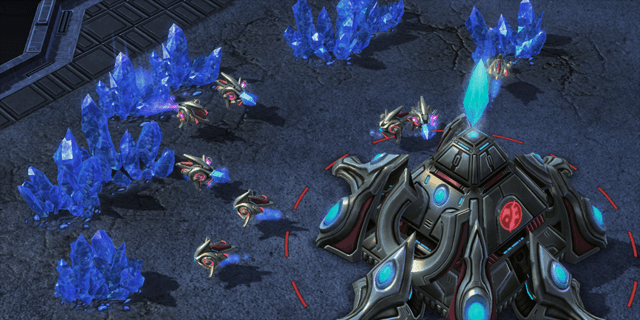
Here’s a lesson that most RTS players will probably pick up at some point, but I personally learned it from years of playing MMORPGs. The line of thinking goes like this:
In RTS and MMORPG games, you often need to strike a balance between a limited wallet and unlimited desires. There are no loans, no credit, and no dollar bills that can be created out of thin air (unless you cheat). Life is not an all-you-can-eat buffet and you can’t always get what you want, so be smart with what you have and focus on what’s most important.
You probably think I’m talking about money, but this is just as applicable to time. Chew on that for a while.

In real life, we always want the happy ending. After years of hard work, late nights, and sacrifices, we expect the universe to be just, that karma is real, and whatever suffering we experience early on will be met with good tidings in the end. Unfortunately, life is more likely to end in a bittersweet ending than a happy one.
Sometimes ten years of loyalty in a career results in a dead-end. Sometimes you do achieve everything you set out to do, but you lose a lot along the way – friends, mentors, your dignity, or even your humanity. Games teach us that not every decision is an easy one to make, and when it comes time to make those hard decisions, don’t be surprised if they turn out to be lose-lose situations.
Will playing video games guarantee that you experience a life-changing epiphany? No, but people like me have indeed learned a few lessons in that way. In the end, it’s just another medium of communication – some people learn from books, others learn from movies, and others benefit from gaming.
Have you learned any life lessons from video games? Share your thoughts with us in the comments!
Image Credits: Game Console Via Shutterstock



